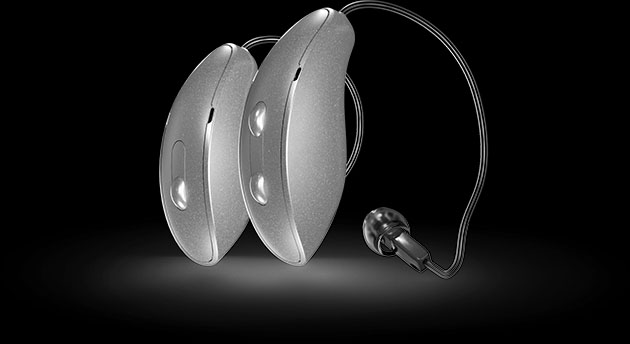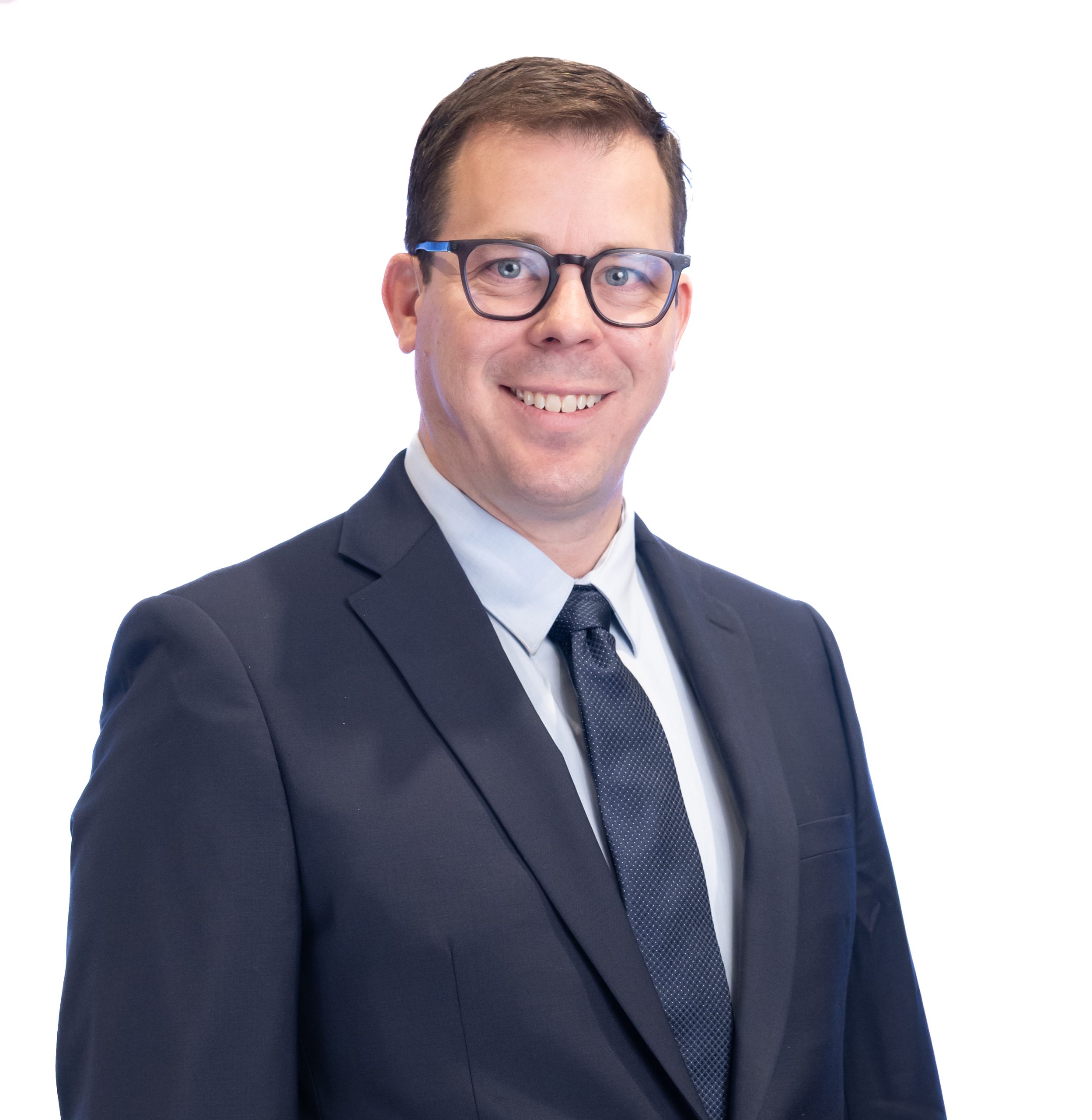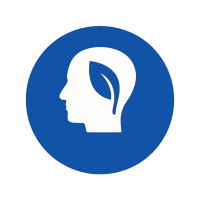Getting A Hearing Aid? 8 Things to Ask Your Audiologist

So you are thinking about getting a hearing aid. To help prepare you for the hearing aid consultation, there are questions that you can ask your audiologist.
-
Do you perform real ear measurements during the hearing aid fitting?
Real ear measurements (REM) are one of the most important steps in ensuring your hearing aids are programmed correctly. If your audiologist does not perform real ear measurements, consider finding one who does. Research shows that fittings without REM are often less accurate, meaning your hearing aids may not provide the right amount of amplification.
All the audiologists at the USF Hearing Clinic perform real ear measurements as a part of every hearing aid fitting. This ensures your hearing aids are customized for your hearing range, giving you the best possible outcome.
Can you explain the results of my hearing evaluation?
Understanding your hearing test results helps you make informed decisions about hearing aids and other treatment options. Your audiogram shows the type (sensorineural, conductive, or mixed) and degree of hearing loss, which directly impacts the hearing aid technology and settings recommended for you. If you have a conductive or mixed hearing loss, an evaluation by an ear, nose, and throat (ENT) physician may be helpful to ensure that any underlying medical issues are addressed. Our audiologists take time to explain your hearing evaluation in detail, answer your questions, and discuss the best treatment plan for your specific needs.
What hearing aid manufacturers are you comfortable working with?
Ask your audiologists which manufacturers they regularly fit and service. There are many hearing aid manufacturers out there, each with their proprietary technology and software. While audiologists are trained to program different brands, most clinics work with a select group of manufacturers. If your audiologist only works with one brand, you’ll want to stick with that brand, or find an audiologist who supports the manufacturer you want. An audiologist who knows the ins and outs of your chosen brand can optimize your hearing aid performance.
At the USF Hearing Clinic, we work with multiple leading manufacturers, giving you plenty of options to ensure your hearing aids are programmed accurately. Brands we commonly work with include Oticon, Starkey, Resound, Signia, Widex, and Phonak.
Can I listen to the hearing aids in the office before deciding?
Ask your audiologist if they offer in-office demos. Some audiologists can do a quick hearing aid programming to your hearing range for a quick listening session. Trying hearing aids in the office gives you a sense of how they sound and feel before committing. While a short demo won’t replicate real-world listening, it can help you compare sound quality, comfort, and features across different models. This step can make you more confident in your choice. At the USF Hearing Clinic, we encourage our patients to listen to different hearing aids during the appointment.
What hearing aid technology can help me hear at my best?
Hearing aids come in different technology levels: entry, intermediate, and advanced, each offering features like noise reduction, directional microphones, Bluetooth connectivity, and more. Understanding these options helps you choose a device that fits your lifestyle and budget. Your audiologist should explain the features clearly and recommend technology based on your listening needs, not just the advanced price point. Don’t feel pressured to buy the most advanced model, many people do very well with entry-level or mid-range technology. We take time to review all technology options with you, so you can make an informed decision that balances performance, comfort, and cost.
What styles of hearing aids are best for my hearing?
Hearing aids come in a variety of styles, from Behind the ear (BTE), receiver in the canal (RIC), and custom shell such as completely in the canal (CIC). Each style as its own limitations and advantages. The best style for you depends on your hearing loss, ear anatomy, dexterity, and cosmetic preferences. Not everyone is a candidate for the smallest styles like CIC. Your audiologist should explain which options will work best for you.
What is included in the purchase price?
Hearing aids are an investment in your health, and the purchase price often includes more than just the devices. Knowing what is covered helps you avoid surprises and plan for long term care. Ask about follow up visits. Some clinics include unlimited visits during the warranty period, while others charge per appointment. Find out how long the warranty lasts and what it covers. Does the warranty include replacement if you lose a hearing aid? Are there any fees or limits? At the USF Hearing Clinic our pricing includes comprehensive follow-up care during the warranty period, three year manufacturer warranties, and loss/damage protection for peace of mind.
What is your return or trial period policy?
Adjusting to your new hearing aids may take some time, and not every device will feel or sound right on the first try. A trial period gives you the flexibility to test the hearing aids in the environments that matter to you. Ask how long the trial period is (commonly 30 days), if there are any non-refundable fees, and the process if you decide to return or exchange the devices. The USF Hearing clinic offers a 60 day trial period that allows you to experience your hearing aids in real-world situations. If adjustments are needed, we will work with you to make sure you’re happy with your hearing solution.
Bonus Question: How do hearing aids help with tinnitus?
If you experience tinnitus, hearing aids can provide relief by amplifying external sounds and have built in sound therapy. However, not all hearing aids have sound therapy (e.g. big box stores). Also, if tinnitus bothers you, make sure to ask if the audiologist has training in tinnitus management or if they just do hearing aids. If the audiologist just does hearing aid fittings for tinnitus management, that is often not enough. Jon Douglas, AuD is a tinnitus specialist who developed a protocol to optimize sound therapy within hearing aids. He also provides a variety of tools to help manage tinnitus.

Dr. Jon Douglas specializes in tinnitus, hyperacusis & misophonia management, hearing aid technology, and vestibular evaluations. With over 19 years of academic and clinical experience, Dr. Douglas is deeply committed to providing evidence-based audiological care that improves the lives of patients affected by hearing, balance, and sound sensitivity disorders.
